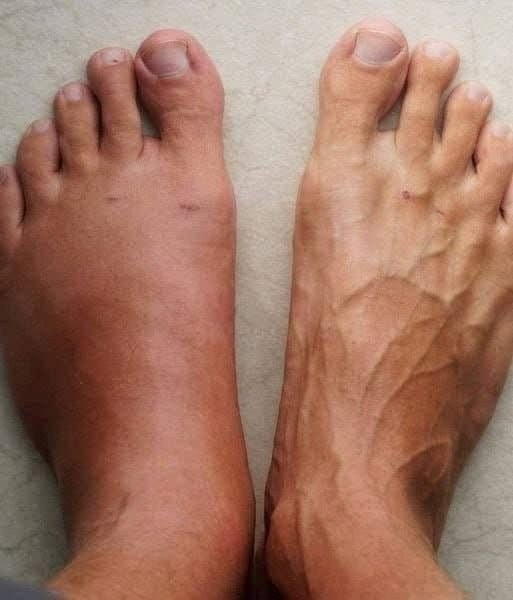


Heart attacks don’t usually come out of nowhere. In many cases, your body sends out clear warning signals days or even weeks in advance. The problem is, most people either dismiss them or don’t recognize them for what they are. And because heart attacks remain the leading cause of death worldwide—driven by fast-paced, high-stress lifestyles and unhealthy diets—recognizing these early signs can be life-saving.
Stress, poor nutrition, lack of physical activity, and smoking are just a few of the daily habits that increase the risk of cardiovascular disease. While lifestyle changes such as eating healthier, exercising regularly, and managing stress can greatly reduce your chances, listening to your body is just as important.
One of the earliest and most common symptoms is shortness of breath. If you find yourself winded after mild activity—or worse, while doing nothing at all—it may be a sign that your heart isn’t pumping blood as efficiently as it should. This often happens when the arteries begin to narrow, limiting oxygen flow throughout the body. People tend to brush it off as fatigue, aging, or anxiety, but it can be an urgent red flag.
Other symptoms may include unusual fatigue, chest discomfort, cold sweats, dizziness, or nausea. Many people experience these symptoms in the days leading up to a heart attack, mistaking them for a flu, acid reflux, or just general stress. The danger lies in ignoring them until it’s too late.
Being proactive could save your life or the life of someone you love. Pay attention to the signs, especially if they persist or worsen over time. It’s better to be overly cautious than to ignore a potential emergency.
Heart disease may be the world’s number one killer, but with awareness, early detection, and preventive care, many of these tragedies can be avoided. Don’t wait for a crisis—listen to your body when it whispers, not when it screams.